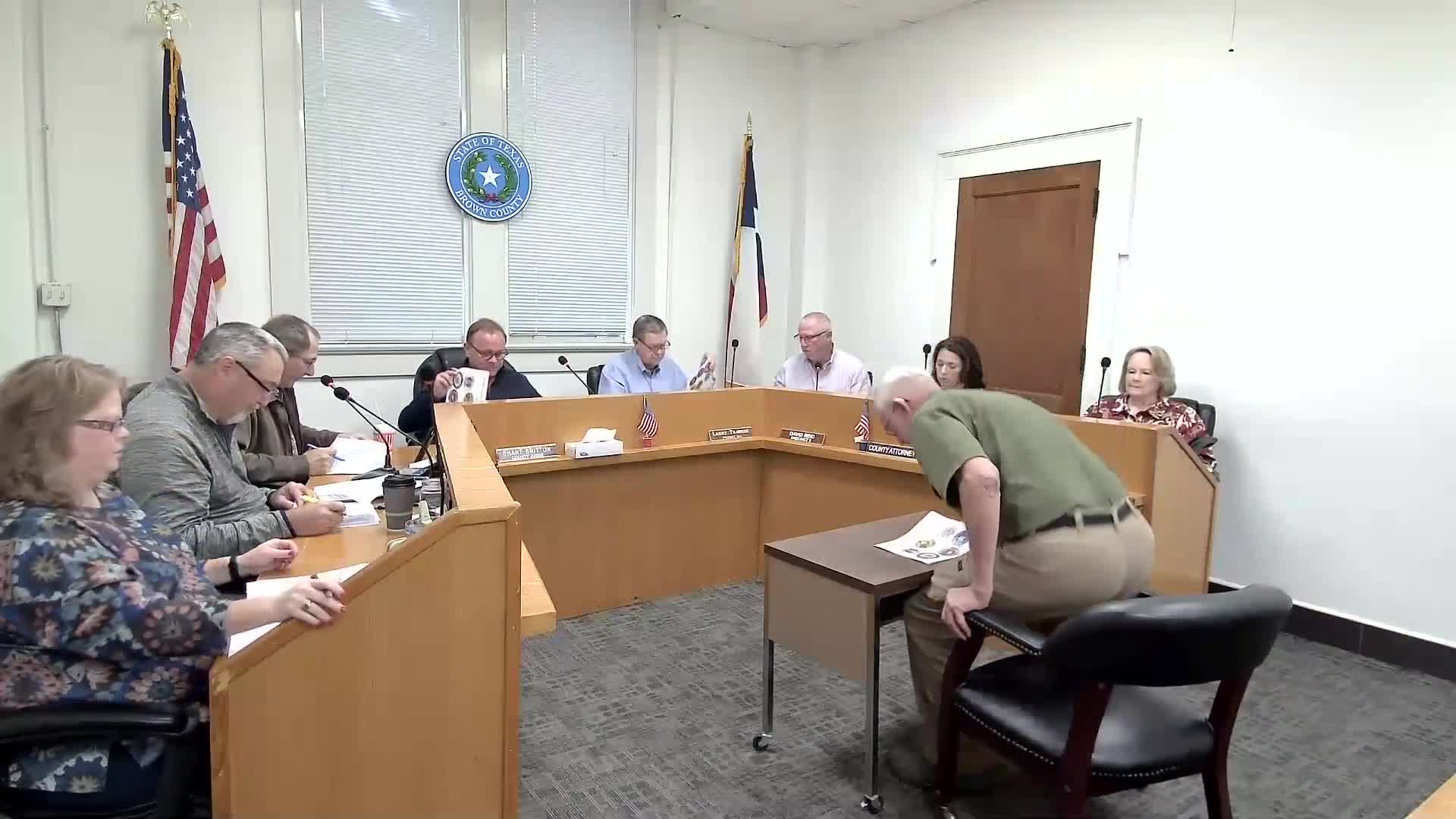Brown County staff report steady veteran-clinic usage, higher federal benefit returns
Get AI-powered insights, summaries, and transcripts
Subscribe
Summary
James Masters presented the veterans services annual report, saying clinic visits and federal-benefit returns to the county rose even as county population figures based on the 2020 census showed declines. Masters highlighted increases in community care spending and education payments.
James Masters presented the Brown County veterans services annual report, saying the office continues to leverage federal benefits "to the county" and reporting increased returns despite a population figure based on the 2020 census.
Masters told the commissioners the county’s reported population figures are based on 2020-census-derived projections, and he said he is "very dubious" of some of the loss-based projections. He highlighted timeline shifts in office location and said that while the clinic saw a drop in population at one move, returns to the county increased in later years.
Masters provided specific service metrics: the office served about 2,042 veterans at the clinic during the reported period, with roughly 800 of those visits provided directly by the VA clinic. He said walk-ins numbered about 1,160 and noted a more than $400,000 increase in community-care specialty services paid through county-contracted providers. Masters also reported a rise in education payments tied to a local technical institute and said training requirements have increased because of federal changes.
Masters said the office works with reserve retirement applications, Camp Bouvier counterparts, and survivor benefits for widows. He emphasized that figures he cited "do not reflect any military retirement," which he said is a separate revenue stream.
The presentation concluded with operating details: the clinic begins walk-in service at 7 a.m., continues through 2 p.m. without a lunch closure, and accommodates appointments outside those hours as needed. Masters said daily caseloads average 50 or more files and described staffing and hiring progress in related county offices.
The commissioners did not take formal action on the report; they thanked Masters for the presentation and asked no formal follow-up beyond the operational remarks.
